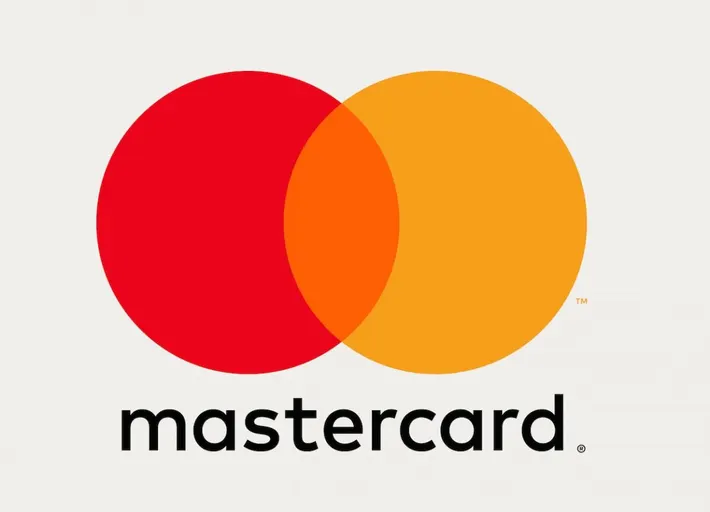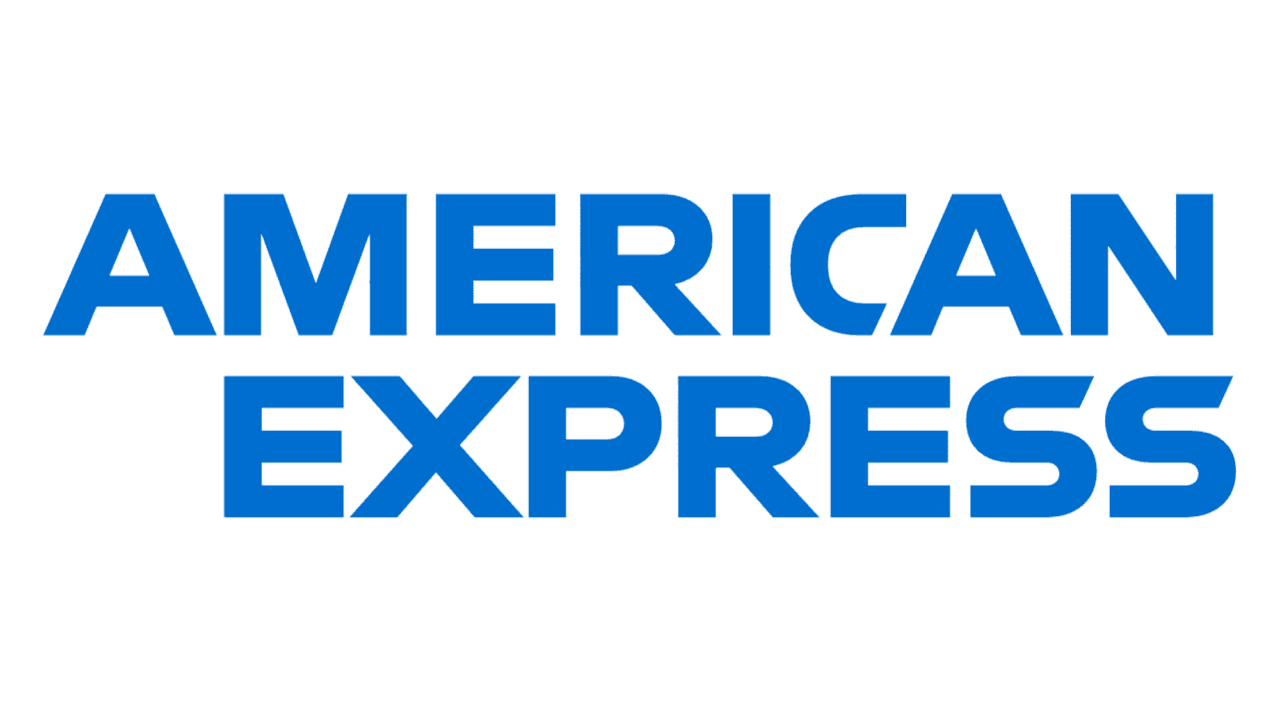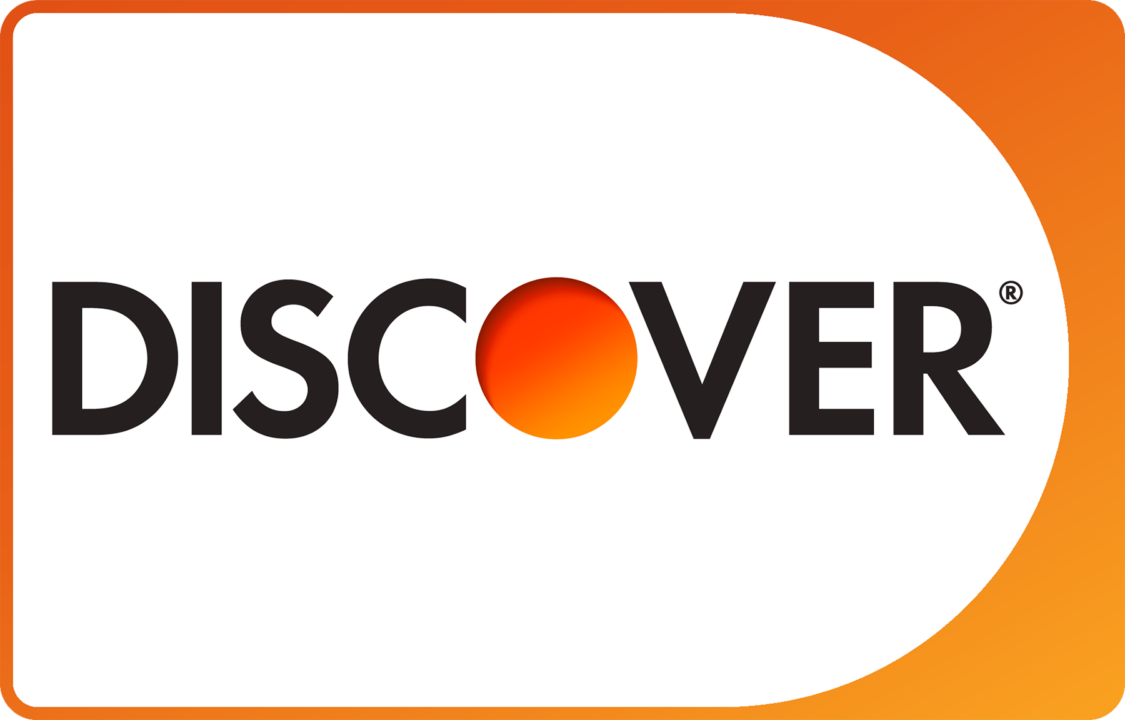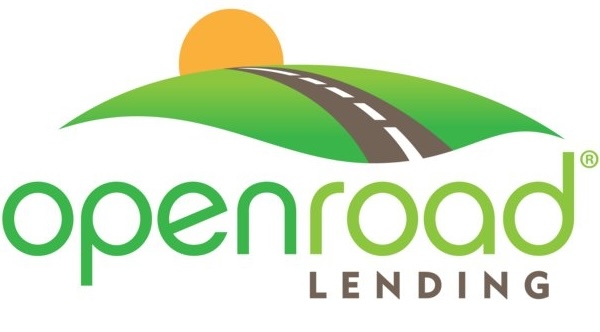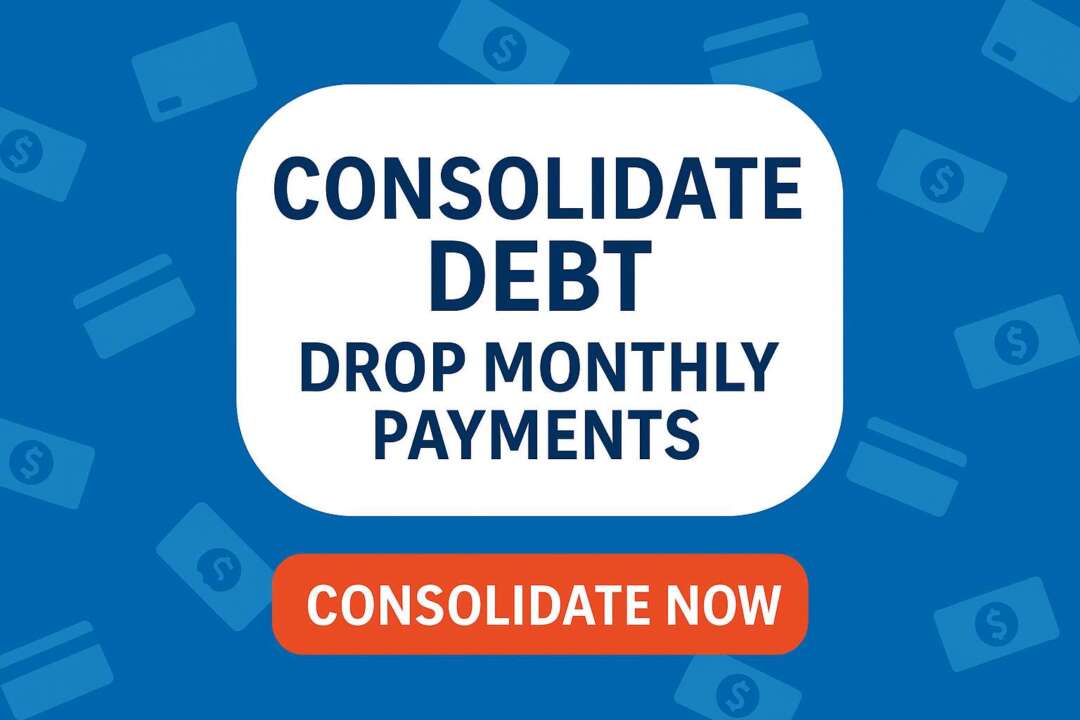
What are debt consolidation loans?
A debt consolidation loan is an installment loan offered by banks, credit unions, or non-bank lenders. It consolidates multiple debts into a single loan payment. This can simplify your month-to-month finances and decrease the interest you spend on your debts.
The three general types of debt consolidation loans are credit card balance transfer, debt consolidation loan, and home equity loan.
Credit card balance transfer
Many credit cards will offer you the opportunity to transfer the balance from other cards onto their card. They offer an “introductory rate” to make the offer good for you.
Often this introductory rate is 0%, so that they can carry the balance on your loan. It is important to realize that this introductory rate is often very short-term, often only 6 months. If you can’t pay the loan off in that time, you are likely to have the interest rate reset to a normal rate. To make significant progress getting out of debt, you must do it during the introductory period.
Usually this transfer comes at a cost, about 3-5% of the balance that you are transferring. This means that while the interest rate is free, there is a cost to simply transferring the balance. Be sure to look at the total cost of the transfer and the length of the 0% APR term before you start this process.
One thing to be aware of. Transferring the balance to a new credit card giving the opportunity to run up a balance on the old card again. This mistake happens to many well intentioned people looking to save on interest.
Debt consolidation loan
Banks, credit unions, or installment loan providers will often offer a loan that will allow you to bring some or all of your payments into one loan. Simplifing your life with a single monthly debt payment may sound like a great benefit. However, the real benefit of a debt consolidation loan is dropping your overall interest payment!
You must be aware that sometimes these companies offer introductory rates. If the standard rate isn’t much better than your average interest rate for the debts that you plan to consolidate, it may not be a good idea to take the loan. A rate that is much better than your current average could save hundreds or thousands of dollars in interest.
Home equity loan
If you own your home, one popular strategy is to take out a home equity loan and use the proceeds to pay off your other debts. The obvious benefit to this approach is that you can often get a much lower interest rate because the loan is using your home’s equity as collateral.
There Is a risk to this approach. You are taking what is usually an unsecured debt and you are securing it with your home. If you are unable to repay the loan, you could lose your home to foreclosure.
The other thing to keep in mind is that home equity loans are often a line of credit that has a variable interest rate. What might be a much lower interest rate today could change within a few months.
How do debt consolidation loans work?
Debt consolidation loans work much the same way any other loan would work. You apply for the loan and when you get the loan, you use the proceeds to pay off your other loans. Many places that advertise debt consolidation loans actually provide regular personal loans that they expect you to use to pay down your other debts.
What are some examples of how debt consolidation loans work?
Example 1:
Two credit cards and one personal loan. This individual also has a 672 credit score.
| Loan Type | Amount in debt | Interest rate | Total interest | Months to payoff | Monthly Payment |
| Credit card A | $12,000 | 24% | $10,700 | 70 | $316 |
| Credit card B | $6,000 | 34% | $8,130 | 70 | $196 |
| Personal loan | $1,500 | 62% | $597 | 13 | $161 |
| Total | $19,500 | 30% | $19,427 | 70 | $673 |
Consolidation to a single loan, using the proceeds to repay the three debts above.
| Loan Type | Amount in debt | Interest rate | Total interest | Months to payoff | Monthly Payment |
| Debt consolidation loan | $19,500 | 12% | $5,526 | 60 | $434 |
The debt consolidation loan would save significant money on interest. It also drops the monthly payment and pays off all the debt ten months sooner! The pay off would be even faster by continuing to pay $673 a month and using the extra $239 a month directly to principal.
Example 2:
Three credit cards. This individual has a 702 credit score.
| Loan Type | Amount in debt | Interest rate | Total interest | Months to payoff | Monthly Payment |
| Credit card A | $8,000 | 16% | $5,347 | 84 | $159 |
| Credit card B | $6,000 | 18% | $3,853 | 72 | $137 |
| Credit card C | $5,500 | 16% | $3,479 | 80 | $112 |
| Total | $19,500 | 16.6% | $12,679 | 84 | $408 |
Consolidation to a single loan, using the proceeds to repay the three credit cards above.
| Loan Type | Amount in debt | Interest rate | Total interest | Months to payoff | Monthly Payment |
| Debt consolidation loan | $19,500 | 9% | $4,787 | 60 | $405 |
These examples illustrate how debt consolidation loans can save money, speed up debt pay off, and simplify a person’s financial life. You must exercise caution with debt consolidation. If you don’t you could fall further into debt.
Example 3:
A credit card and two personal loans. This individual has a 605 credit score.
| Loan Type | Amount in debt | Interest rate | Total interest | Months to payoff | Monthly Payment |
| Credit card | $5,000 | 24% | $5,364 | 84 | $123 |
| Personal loan A | $2,000 | 36% | $618 | 18 | $145 |
| Personal loan B | $900 | 78% | $151 | 4 | $263 |
| Total | $7,900 | 33% | $6,133 | 84 | $533 |
Consolidation to a single loan, using the proceeds to repay the three credit cards above.
| Loan Type | Amount in debt | Interest rate | Total interest | Months to payoff | Monthly Payment |
| Debt consolidation loan | $7,900 | 24% | $5,736 | 60 | $227 |
The drop in monthly payment and lower total interest paid, make this debt consolidation loan look like a great deal. However, Personal Loan B would have been paid off in four months which would drop the monthly payments by $268. The monthly payment difference no longer seems dramatic.
In this case, what seems like a good idea starts to look less certain. A little patience and persistence would have been just as productive. Maybe more productive in the long run than consolidating their loan.
How do I know if debt consolidation is worth it? Are debt consolidation loans a good idea?
Before making a decision on whether to consolidate your debts into a debt consolidation loan, consider the following: the interest rate, the term length, the monthly payment, any additional fees, and what your current debts look like.
Interest rate:
If the interest rate of the new loan is not significantly better than what you are paying across all of your other debts, it might not be worth the trouble. Also, make sure that the interest rate for the debt consolidation loan is not just an introductory rate. Some debt consolidation loans will offer “teaser” rates. And after a short period, interest rate will increase. You can avoid this by focusing on the loan APR.
Term length:
One of the mistakes people make when they consolidate their loans is that they end up with a loan that extends their debt further into the future. Even if the consolidation loan significantly decreases your monthly interest expense, you might not see any savings in the long run if the debt payoff goes from three years to five years.
Monthly payment illusion:
Don’t be deceived by a lower monthly payment. A company might show you how your combined monthly payments will drop $300 if you consolidate. That $300 feels like the breathing room you need to get on top of things. If that $300 is all in interest savings from a lower interest rate, it would be a great deal. Especially if you can use that extra $300 to make principal payments. If the payment is lower because the term of your loan is extended an extra year then you might want to avoid it. Extending the length of your debts can make payoff even harder in the long run.
Origination or application fees:
Pay attention to any additional fees that might come with the consolidation loan. If there are origination or application fees, you might end up paying for the difference in interest rates in other ways.
Evaluation of current debts:
When you’re buried in debt, it might be difficult to see the forest for the trees. You might look at all the payments you are making each month and see the wisdom of simplifying it all. You might recognize that one of your high-interest loans causes the most pain and that if you could get rid of it your life would be much better. Looking closely at where you stand might show that consolidation could be a bad decision, though. What if that high interest loan is only four payments away from being paid off? Consolidating will move the totality of the loans into a new term length. Sometimes sticking to your current situation will give you progress by just getting past the high-interest debt.
Does a debt consolidation loan hurt my credit score?
Credit scores are complicated and it is impossible to say how consolidating your debt will affect your score. Most research says that debt consolidation improves credit scores by an average of 40 points. Here are some ways that debt consolidation impacts your score.
How could debt consolidation help my credit score?
Transferring credit card debt into an installment loan could dramatically decrease your revolving credit utilization. Dropping credit utilization can meaningfully improve your credit score.
How could debt consolidation hurt my credit score?
Opening a new loan could negatively impact your credit score when a hard inquiry is reported to your credit report. Also, adding a new account usually lowers your credit score. Both of these negative impacts are usually gone within about 6 to 9 months.
Who qualifies for debt consolidation?
People qualify for debt consolidation loans in the same way that they would qualify for any other loans. Lenders have underwriting criteria that a borrower must meet to be approved for the loan. It might be easier for a person to qualify for a debt consolidation loan than for a standard personal loan. This is because the lender would be able to see that current loan payments are on time and therefore the debt consolidation loan payments will be as well. If you’re currently struggling to make your payments then it might be difficult to obtain a debt consolidation loan.
Is it difficult to get a debt consolidation loan? What credit score is needed for a debt consolidation loan?
Approval for a debt consolidation loan requires approval by the lender. The approval process is similar to any other type of non-mortgage loan. However, because they are refinancing current debt instead of creating new debt, it is often a little easier to get a debt consolidation loan. Your approval depends on your credit score but also, your payment history and your debt to income ratio. Some lenders may review other information as well.
The minimum credit score for a debt consolidation loan may be as low as 600 for some lenders. However, some lenders have minimum credit scores of 640 or higher. When shopping for a debt consolidation loan, consider an application like ours at The Yukon Project. Our network of over 40 lenders will review your credit with a soft credit inquiry. The lenders send you custom loan offers with no impact your credit score.
Why can’t I get a debt consolidation loan?
If you are swimming in debt, you might think you are the perfect candidate for a debt consolidation loan. So, why were you denied when you applied? A debt consolidation loan is the same as than any other type of loan. To be approved for a loan, you must pass the lender’s underwriting criteria. So, what causes people to be denied loans?
- Insufficient income: A lender may not believe you have enough income to be able to cover the payment over time.
- Low credit score: A lender may see a poor credit score and determine that the person’s finances are too fragile and that there is a high risk of default.
- Too much debt: Yes, we know, that’s the whole point! It seems tragic to be denied a debt consolidation loan because you have too much debt. Sometimes that might be exactly what is going on. The lender may be afraid that your current debt levels are too high and that the debt consolidation loan would not solve the problem.
By law, the lender must tell you what factors led to your denial. If you denied for a debt consolidation loan then NOAA (“notice of adverse action”) will tell you what you need to work on to improve your chances of being approved by that lender.
Is debt consolidation and debt settlement the same thing?
Debt consolidation and debt settlement are not the same thing. Some companies market themselves as debt consolidation, but actually do debt settlement.
Debt settlement companies earn a percentage of the debt that they help you clear. Meanwhile, debt consolidation loans charge interest on money that they loan you. Debt settlement is not meant to actually repay your loans in full. They work with lenders to negotiate a lower loan amount. The way they do this is have you pay them the payments instead of paying directly to the lender. Then they fail to pay the lender until they receive a deal that they are willing to accept.
This process will often lower your overall debt. However, it will cause all of your payments to be reported to the credit bureaus as late, which will decrease your credit score. It also means that you will lose access to any lenders that you currently have. Credit card companies will cancel your accounts and you will lose access to that form of credit.
Can I still use my credit card after debt consolidation?
After consolidating your debts into a debt consolidation loan, you can still use credit cards that had the balance in the first place. This is because those accounts will remain in good standing. That is one of the advantages of debt consolidation. It allows you to maintain your credit score and puts you on a path of continued improvement. But you should be sure to use your credit card wisely!
This can also be one of the risks of debt consolidation loans. It’s tempting to continue spending on your credit cards the way you have in the past. If you do, debt consolidation may actually cause you to fall further into debt.
What are the drawbacks to debt consolidation loans?
Debt consolidation loans may not always be the solution to paying down debt. Several drawbacks could cause debt consolidation to not be the right solution for you. The following are some cases where debt consolidation would not be a good idea:
- If consolidating your debt into a loan that pushes out the term, you might be better off sticking to your current plan.
- If consolidating your debt into a loan gives you the flexibility (and temptation) to keep spending on a credit card, you might find yourself in more debt than when you started.
- If debt consolidation comes with additional fees, like origination fees and prepayment penalties, you might find that it will not be cheaper or easier to get out of debt.
- If debt consolidation requires you to put up collateral, it might put you at risk of losing an important asset (i.e., home or automobile).
What are the advantages to debt consolidation loans?
Consolidating your debts can bring significant benefits which might include:
- Decreasing your monthly payment
- Decreasing the amount of money you spend on interest
- Simplifying your monthly finances with a single debt payment
- Accelerating your debt payoff by being able to devote more money to paying of principal
- Allows you to cancel credit cards that seem to always grow balances














